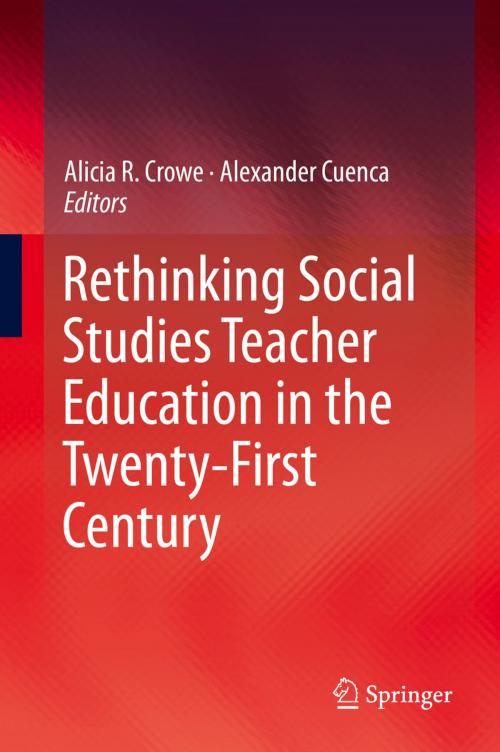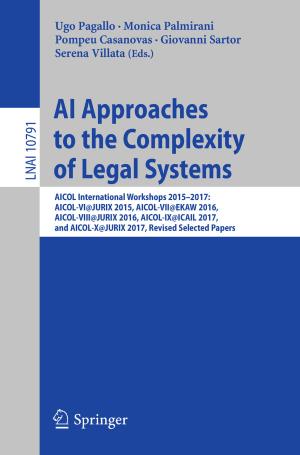Rethinking Social Studies Teacher Education in the Twenty-First Century
Nonfiction, Reference & Language, Education & Teaching, Educational Theory, Curricula, Social & Cultural Studies, Social Science, Sociology| Author: | ISBN: | 9783319229393 | |
| Publisher: | Springer International Publishing | Publication: | November 26, 2015 |
| Imprint: | Springer | Language: | English |
| Author: | |
| ISBN: | 9783319229393 |
| Publisher: | Springer International Publishing |
| Publication: | November 26, 2015 |
| Imprint: | Springer |
| Language: | English |
In this volume teacher educators explicitly and implicitly share their visions for the purposes, experiences, and commitments necessary for social studies teacher preparation in the twenty-first century. It is divided into six sections where authors reconsider: 1) purposes, 2) course curricula, 3) collaboration with on-campus partners, 4) field experiences, 5) community connections, and 6) research and the political nature of social studies teacher education. The chapters within each section provide critical insights for social studies researchers, teacher educators, and teacher education programs. Whether readers begin to question what are we teaching social studies teachers for, who should we collaborate with to advance teacher learning, or how should we engage in the politics of teacher education, this volume leads us to consider what ideas, structures, and connections are most worthwhile for social studies teacher education in the twenty-first century to pursue.
In this volume teacher educators explicitly and implicitly share their visions for the purposes, experiences, and commitments necessary for social studies teacher preparation in the twenty-first century. It is divided into six sections where authors reconsider: 1) purposes, 2) course curricula, 3) collaboration with on-campus partners, 4) field experiences, 5) community connections, and 6) research and the political nature of social studies teacher education. The chapters within each section provide critical insights for social studies researchers, teacher educators, and teacher education programs. Whether readers begin to question what are we teaching social studies teachers for, who should we collaborate with to advance teacher learning, or how should we engage in the politics of teacher education, this volume leads us to consider what ideas, structures, and connections are most worthwhile for social studies teacher education in the twenty-first century to pursue.















